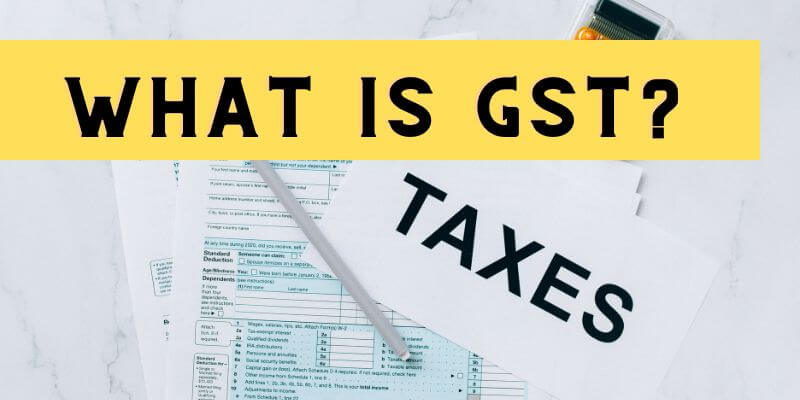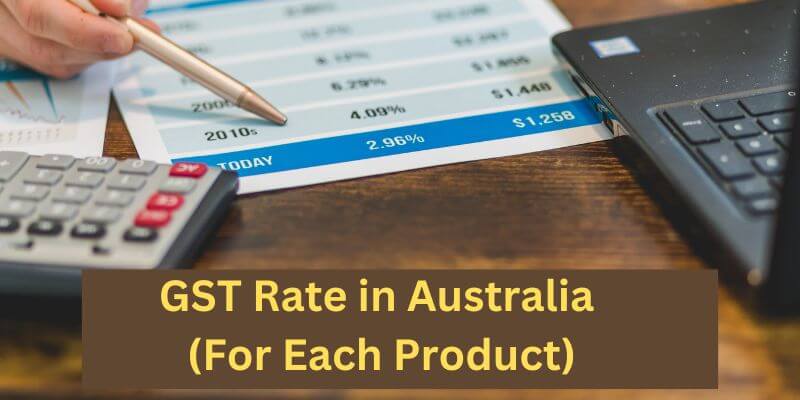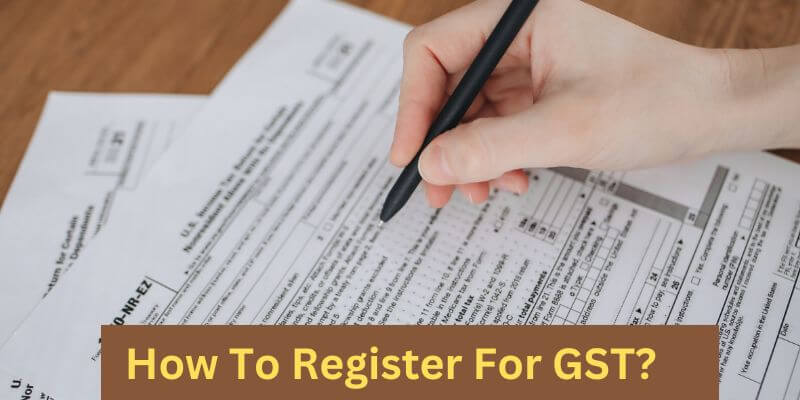What Is GST in Australia?
Want to know the meaning and what is GST in reality? GST stands for goods and services tax.
Purchases of goods and services in Australia are subject to the Goods and Services Tax (GST), a value-added tax. On July 1, 2000, it went into effect, replacing a number of other indirect taxes, including the wholesale sales tax and other state taxes.

The Goods and Services Tax (GST) rate in Australia is 10%, such that 10% is added to the price of products and services at the checkout.
The Australian Taxation Office (ATO) collects the GST and uses the money for things like healthcare, education, infrastructure, and the military.
Almost everything bought or used by Australians is subject to the GST; this includes food, clothing, technology, and services including bookkeeping, legal counsel, and financial planning.
The GST is an indirect tax paid by customers and is already included in the prices of most products and services.
Because of this, consumers are responsible for covering the GST without making any direct payments to the ATO.
However, businesses must provide tax invoices that clearly display the GST amount, and consumers can claim a credit for the GST included in the price of goods and services they use for their business or work-related purposes.
Since its introduction, the GST has been the subject of heated debate due to claims that it unfairly hits those with lower incomes.
The government has responded to these complaints by introducing the Low Income Superannuation Contribution and the Low Income Tax Offset, two forms of compensation aimed at helping low-income families.
Furthermore, the GST’s applicability to specific products and services has been the topic of much discussion.
Some have proposed taxing exempt items like fresh fruits and vegetables in order to boost people’s health.
The Goods and Services Tax is a crucial component of the Australian financial system. It’s a big reason why the government can provide for things like police protection and infrastructure.
As an integral aspect of Australia’s tax structure, it is meant to be easy to navigate for companies.
When To Pay GST?
In contrast, the GST does not apply to all products and services. These include necessities like food and medicine as well as certain types of education.
Unless exempt or having an annual revenue of less than $75,000, the GST is applicable to all enterprises in Australia, regardless of size.
Businesses that have applied for GST registration are obligated to charge customers the applicable GST rate on all products and services they sell, as well as report and pay any GST revenue they have collected to the Australian Taxation Office.
Final Words
Simply put, the Goods and Services Tax (GST) is a value-added tax levied on nearly all purchases made in Australia.
It’s used to fund key government services and activities, thus collecting it is essential.
Even though the Goods and Services Tax (GST) in Australia has been the target of some criticism and discussion, it remains an integral feature of the country’s tax system and was created with the aim of making taxation easier and more straightforward for commercial enterprises.





